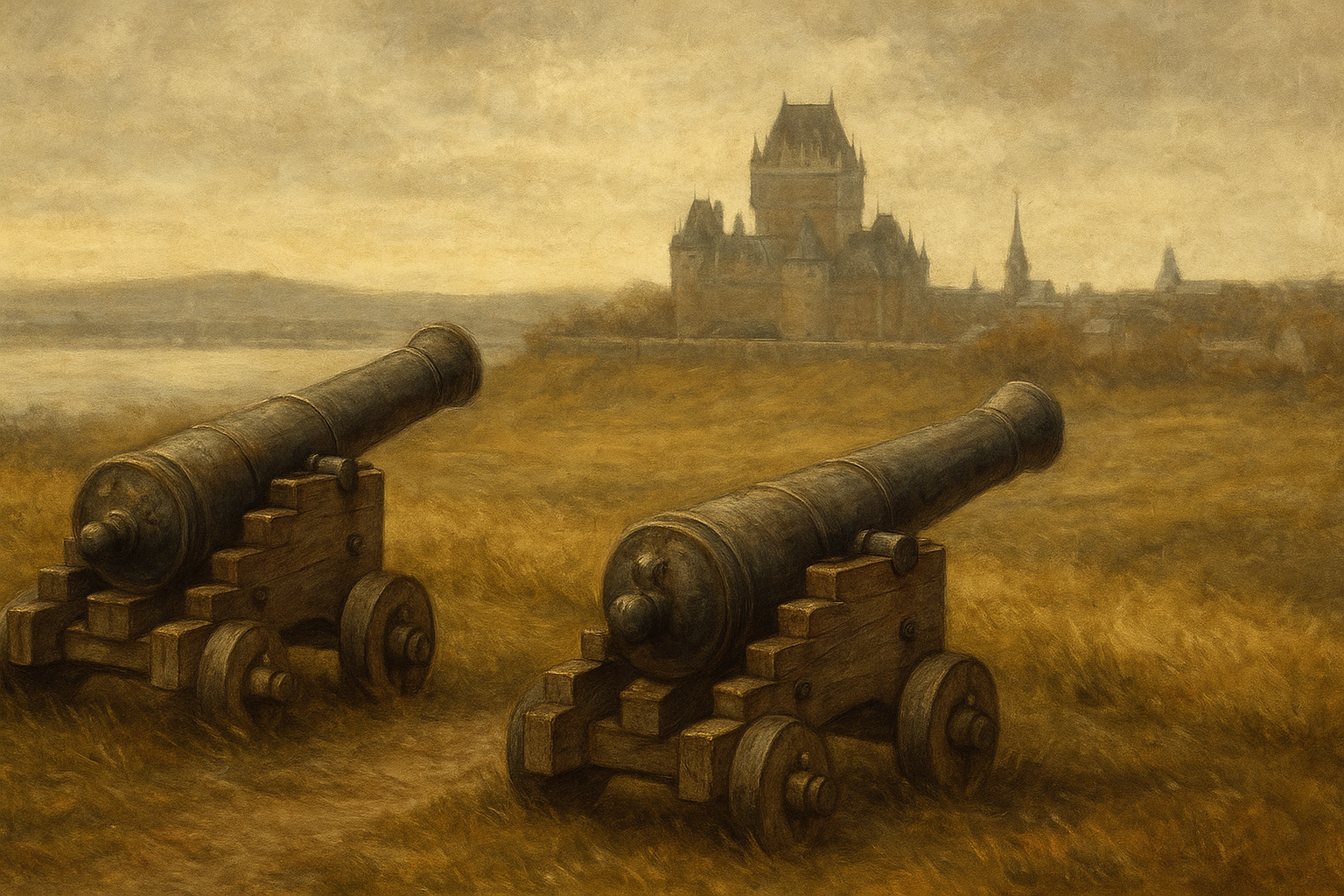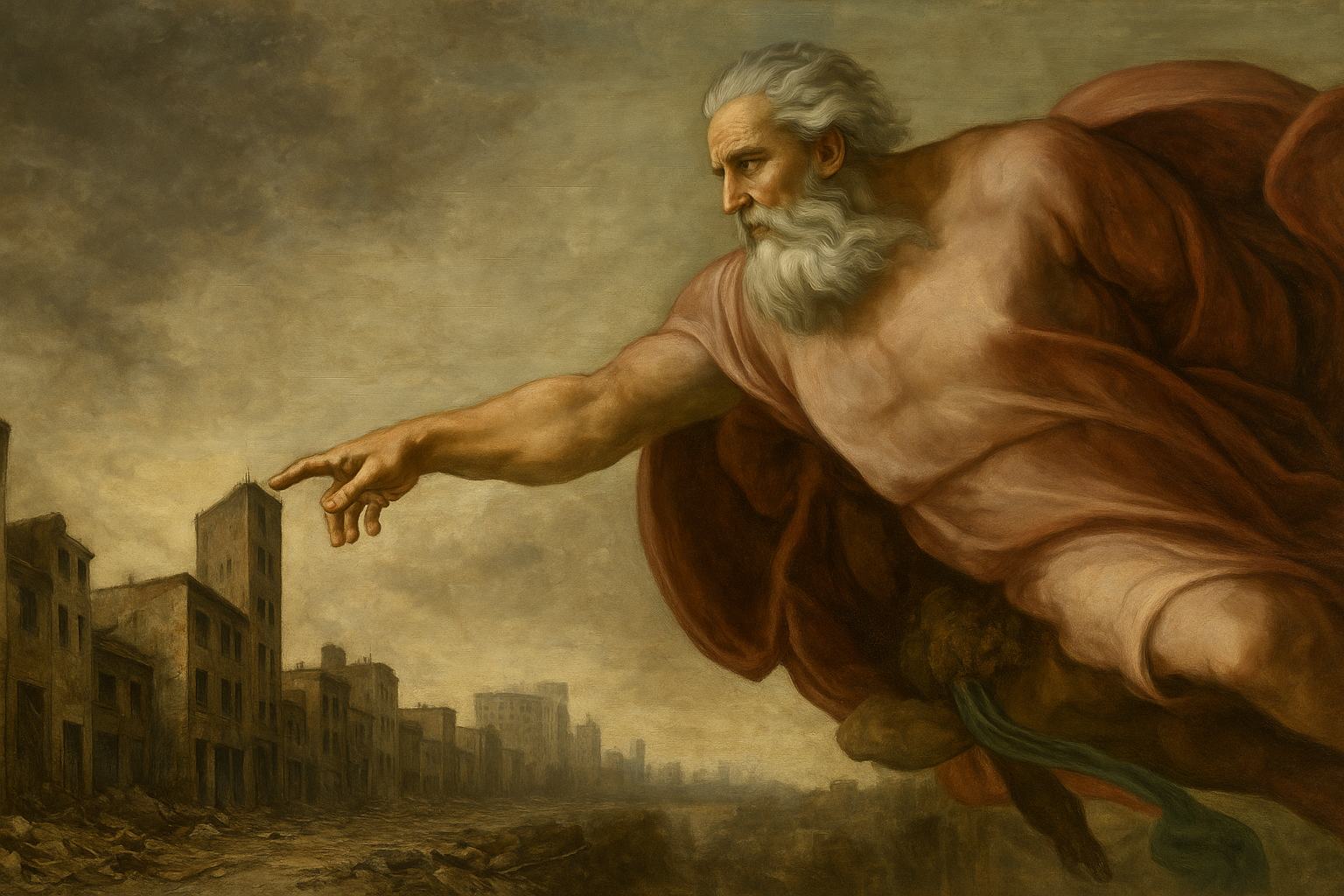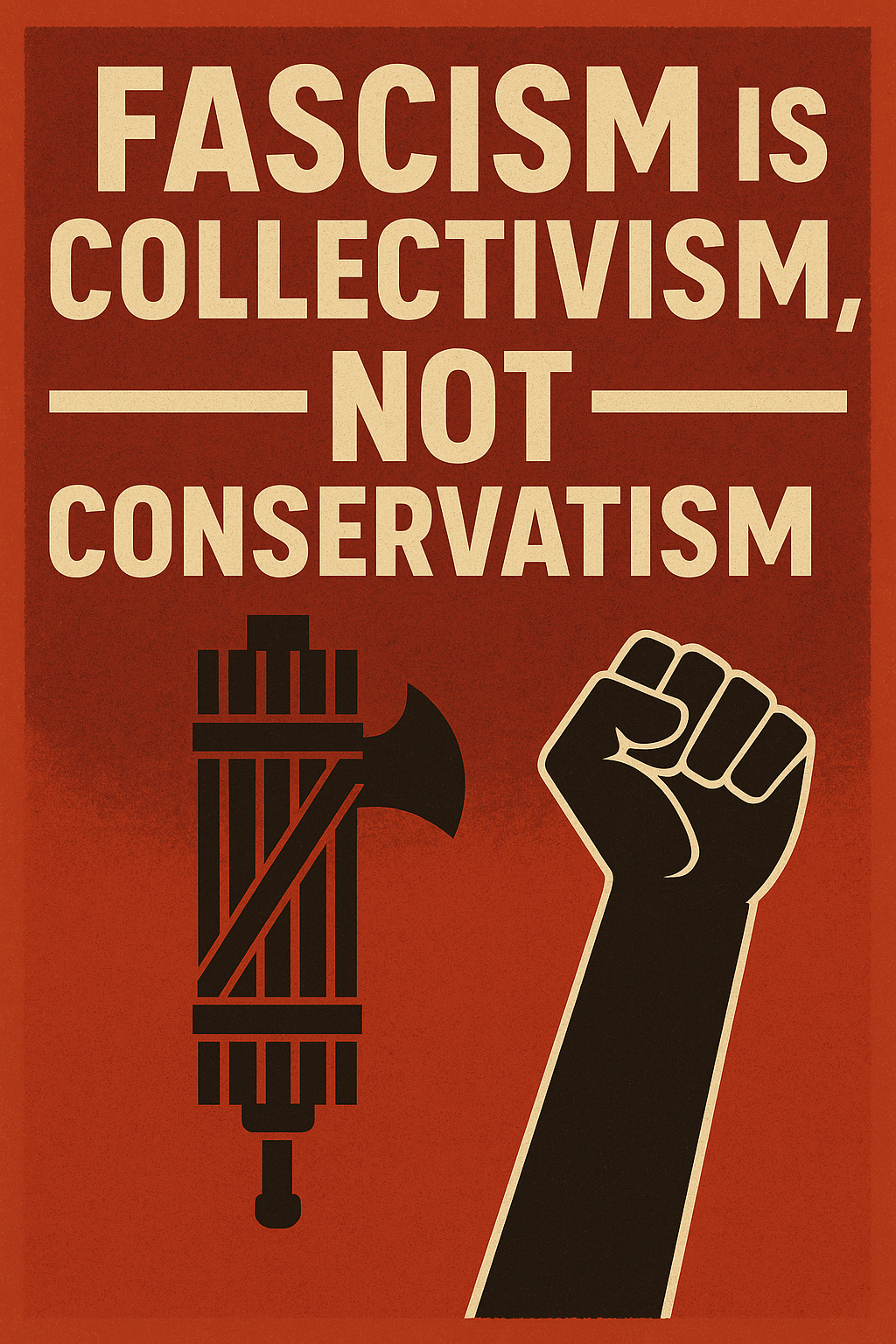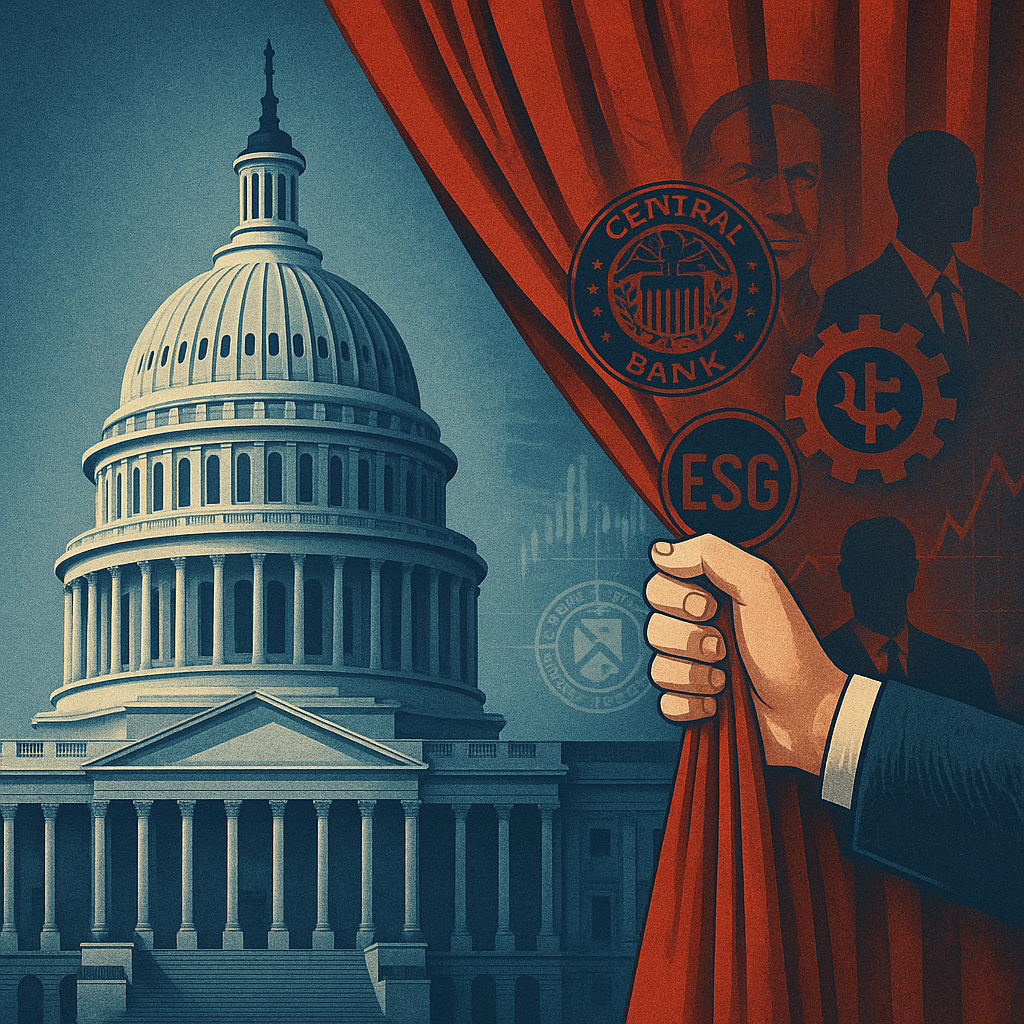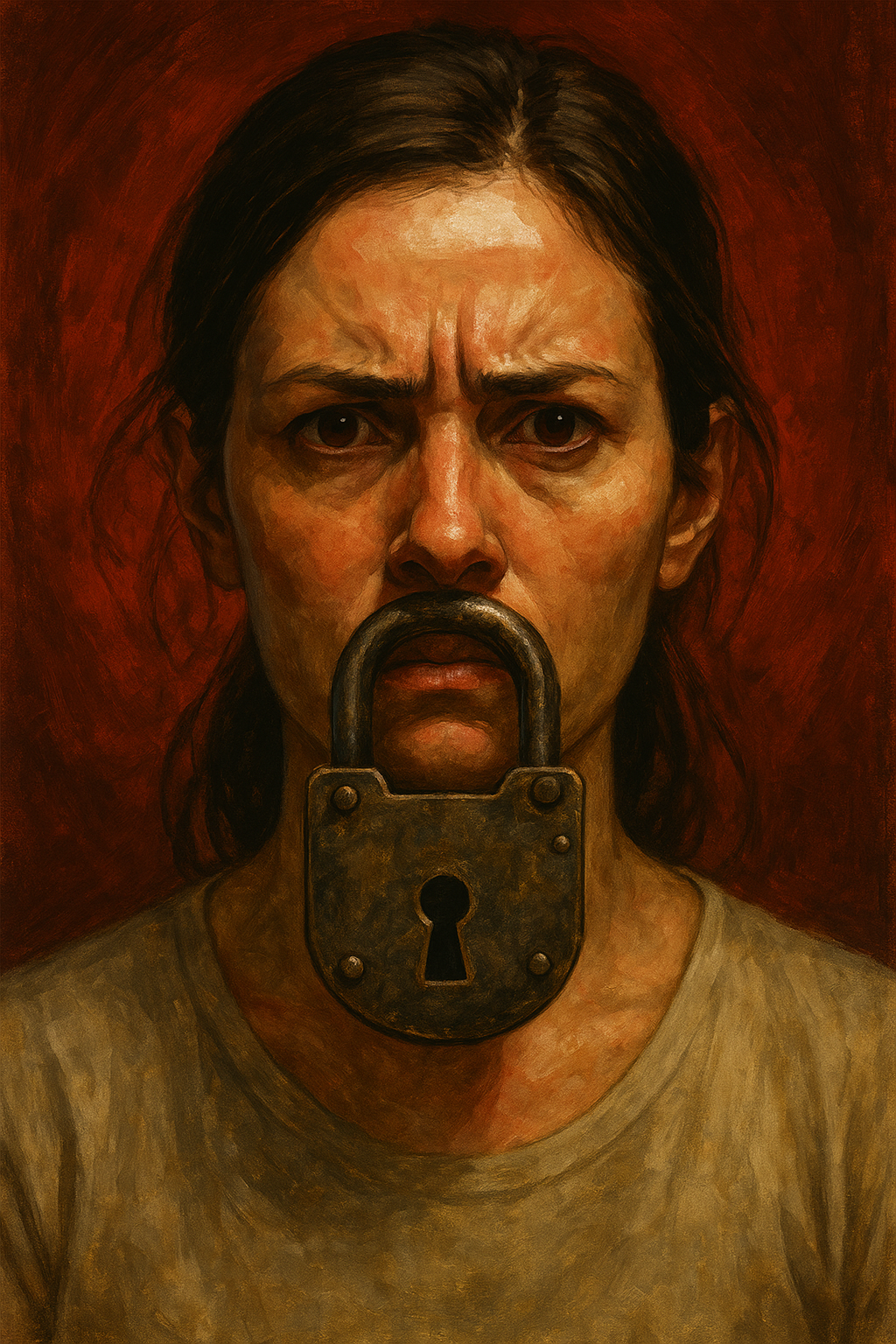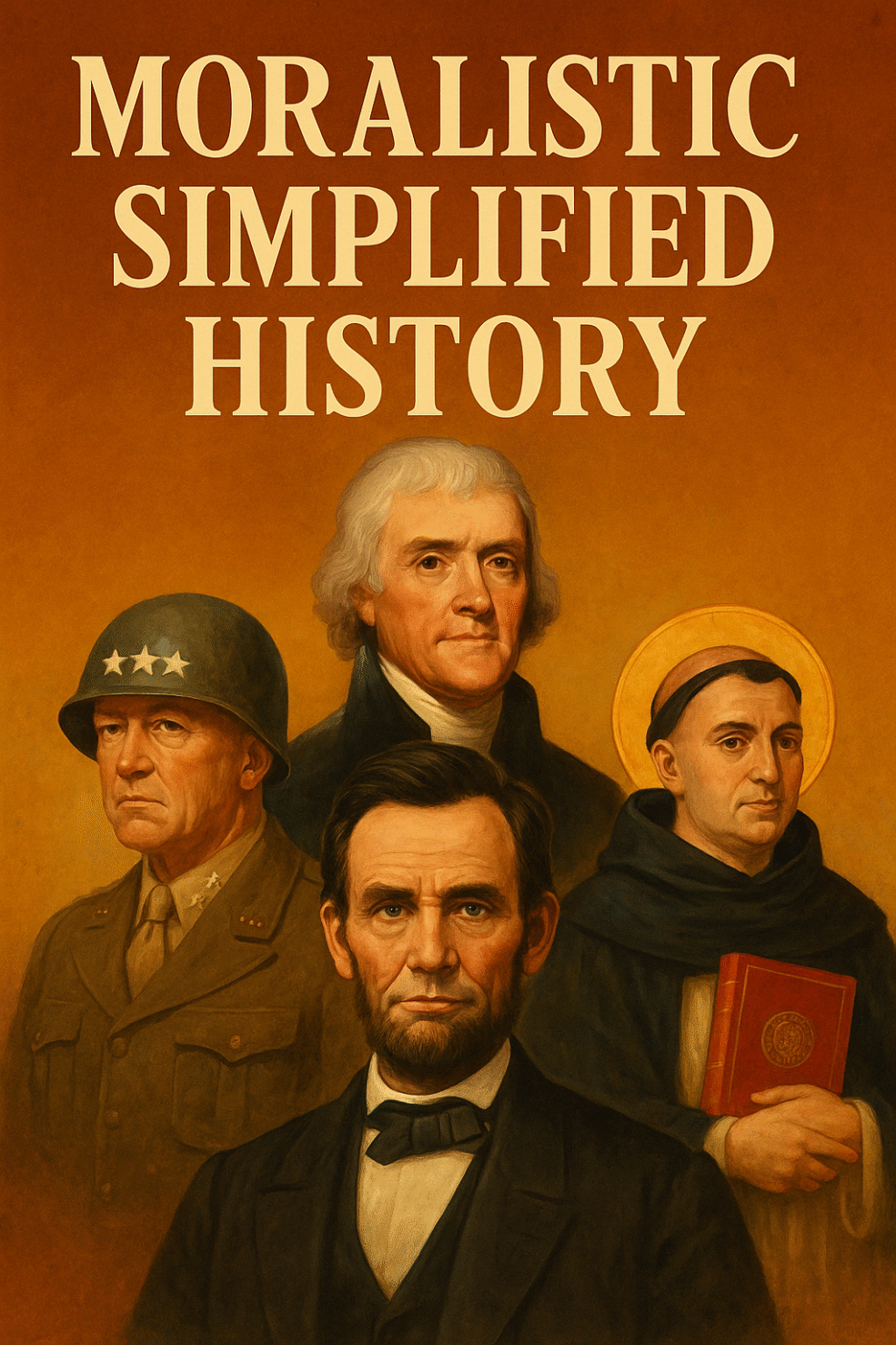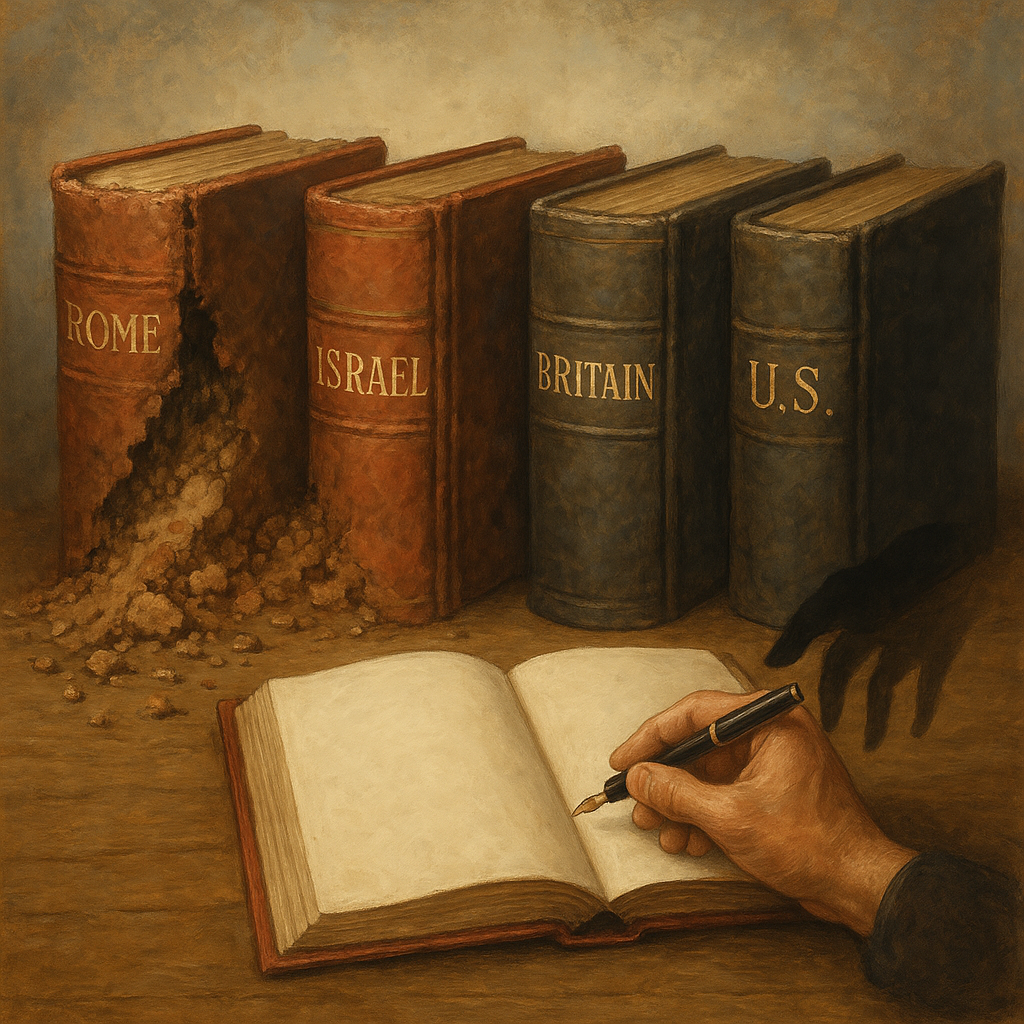All told, the eye upon the waves,
The broken boat is damaged in the storm.
O Canada! your name has more echoes,
And your darlings have been wrecked.
But no, they will not perish
All of a sudden voice cried:
The sun dore at the end of the masts
The old flag of the fatherland,
Of the homeland.
Canadian, you know that voice;
Heaven for us, often did it hear:
In our misfortune, alas, how many times
We believed our lion in ash?
Children thrown out of cribs,
Exposed us on the Tiber,
But Rome came out of the reeds…
And Rome was also soon free,
Soon was free.
–François-Xavier Garneau
If I could speak to François-Xavier Garneau, I would tell him that Rome fell, and that Canada is following Rome’s lead. The Canada of today is not free.
I wrote a piece a week or two ago on how simplified moral frameworks reframe history through a lens of moral purity, using ‘history’ not to learn from the past, but to reshape the present, and in doing so, laying the groundwork for civilizational collapse. I call this process ‘Moralistic Historical Simplification.’
Not surprisingly, I received some pushback. More surprisingly, some of that pushback referenced an ancestor of mine, François-Xavier Garneau, the man for whom Canada’s highest history award is named. I was told that my writing is a disgrace to his legacy.
Let me respond: I am very aware of my heritage.
Not only do I carry the same name as François-Xavier, but I also carry the name of my grandfather, also Wallace L. Garneau, for whom a hall is named at Western Michigan University. My family is not rich. That hall was named for achievement, not endowment. I was also raised by a history teacher, my father Theodore C. Garneau, for whom my son is named.
Legacy runs deep in my family, as does history. I do not disgrace the legacy of François-Xavier Garneau. Canada does.
I sometimes wonder if I am the last of something. When I walk through Québec City, I feel the weight of the place, not as a tourist, but as someone tethered to it. There’s something in the stone, in the slope of the streets, that feels like it remembers me, and I, in turn, remember it.
We are but a bridge between generations. Our task is to receive what we’re given by our parents, preserve what is valuable, reject or reshape what is not, and hand what remains to our children. This modern instinct to cast everything overboard abandons not only our intergenerational duty, but the very concept of civilization itself. Those who participate in this rejection, whether in Québec, elsewhere in Canada, the United States, or Europe—are committing civilizational suicide. What some call privilege, I call good parenting. Our role is clear: be good parents to the next generation.
My son prefers Montreal to Québec City. He loves the energy, the pulse, and the cosmopolitan sprawl. He is, as Québec now is, focused on the what: on what the province is, what it offers, and what it can become. But in focusing so completely on the what, one risks forgetting the why. The what constantly changes, shifting with each generation, each movement, or each reinvention. It is the why that endures. The why is eternal and immutable, rooted not in aesthetics or politics, but in purpose and spirit.
It is only in the why that Québec still lives, not merely as a place, but as a soul. In a deeper sense, it is only in the why that all of New France still lives. One might even say that what is happening in Québec is a microcosm of the entire free world. Without the why, the what becomes driftwood, unanchored, indistinct, and soon forgotten.
My son belongs to the present, as sons must. But someone must remember the why. Someone must remember what it means.
Every once in a while, someone asks.
My answer is simple: Je suis Québecois, et je me souviens, even when Québec forgets.
My family helped found Québec. My father was a history teacher. My grandfather has a hall named after him at Western Michigan University. My ancestor, François-Xavier Garneau, wrote the history of a people fighting to hold onto their identity in the shadow of conquest. The highest award for history, in Canada, is named after him.
That identity was born long before François-Xavier’s pen touched paper.
New France was not founded as a colony of exploitation, like so many others in the New World. It was founded as an extension of French civilization: a Catholic society in the wilderness, devoted not only to commerce and survival, but to meaning. Many, including my own ancestors, were Huguenots who came seeking religious freedom; a place to worship in peace, away from the persecutions that had shattered France and the rest of Europe.
The early settlers of Québec did not come seeking riches. They came to build a life rooted in faith, family, and tradition.
These were people who believed in something older and deeper than political power: the permanence of the Church, the primacy of the family, and the preservation of language and culture in the face of hardship. They braved the cold not for conquest, but for continuity. They carved cathedrals and schools out of forests, and passed down their stories in prayer, not propaganda.
Even the French spoken in Québec today is like something preserved in amber, not the clipped and globalized French of Emmanuel Macron’s era, but the courtly, melodic French of Molière and Racine. It is a language frozen in time, echoing the voices of those who first brought it across the ocean. Québec does not speak like France. It speaks like New France.
François-Xavier Garneau inherited that world, and when it came under threat, he wrote not as a revolutionary, but as a guardian. He did not write to flatter institutions. He did not write to gain favor. He wrote to preserve memory, and with it, meaning.
Today, the institutions that claim to honor him erase the very truths he defended, and they do so in his name.
They remember his name, but not his legacy. They remember his story, but not his purpose. They remember the award they named in his honor, but not the values he honored.
As one who carries his name, I am deeply offended.
Québec has forgotten. Je me souviens.
I write from Michigan: a land that was once part of New France, then part of the province of Québec. I have lived my entire life here – even when in the military it was always my home of record. I have never left my ancestral home. Québec did.
I do not believe, and neither should Québec, that François-Xavier Garneau would have supported censorship. If the British authorities of his day had been able to silence him, they would have, and had they done so, Québec would now be like Michigan: a place where people walk through cities with French names and do not even know they have a French heritage.
Garneau’s legacy exists because he resisted silence. That Québec now uses institutional silence to police thought in his name is not just ironic. It is tragic.
As for Prime Minister Trudeau, I do not blame him for forgetting. He never knew. He has not weakened Canada. He has hollowed it. He has not led it forward, but worn it like a costume. And now he has made Canada wear the same blackface he wore in college, except what Canada now pretends to be is not black, but free.
To those who still remember, I write to say this: you are not alone. To those who enforce forgetting: We are not going away.
And to New France, I say:
Je me souviens because my father did. Je me souviens because my grandfather did. Je me souviens because François-Xavier did.
‘Je me souviens’ is at the heart of this letter to remind Québec what it has forgotten. That is what an historian does, and if you want to remember François-Xavier Garneau, remember that.
If I – an American – can remember, why can’t you?
To the leadership of Canada, I say this – if you can no longer honor the legacy of François-Xavier Garneau, it may be time to rename the award you give out in his honor. Given that what you now call ‘history’ is fake, I suggest naming the award it the ‘Justin Trudeau Medal,’ and for added impact, I suggest you paint it black.

